This is a tough subject, but there are three decisions you should make regarding your life-support preferences, because not making them could cause you and your relatives undue pain. Being informed about these decisions will prepare you for any situation. The sooner you make these choices, the sooner you and your loved ones will have peace of mind about the kind of decisions no one wants to make.
1. To have or not to have a living will:
A living will is a document explaining which medical treatments you want if you have a life-threatening illness or are too sick to voice your own wishes. Only 32 percent of Americans have one. You don’t need a lawyer or doctor to write a living will, but consulting both isn’t a bad idea. The forms for living wills are easy to fill out and vary among states.
Before Terri Schiavo captured the country’s attention when she died in 2005, not many people considered having a living will. Schiavo was 41 and had lived in an unresponsive, vegetative state for 15 years. Her husband said she told him she wouldn’t want to live under such circumstances, so he took legal measures to have her feeding tube removed. Schiavo’s parents objected, saying she had never expressed the wishes her husband claimed and could recover. The hospital removed and reinserted her feeding tube twice while legal battles ensued. The law eventually sided with her husband. Had Schiavo made a living will, the whole affair might have been avoided.
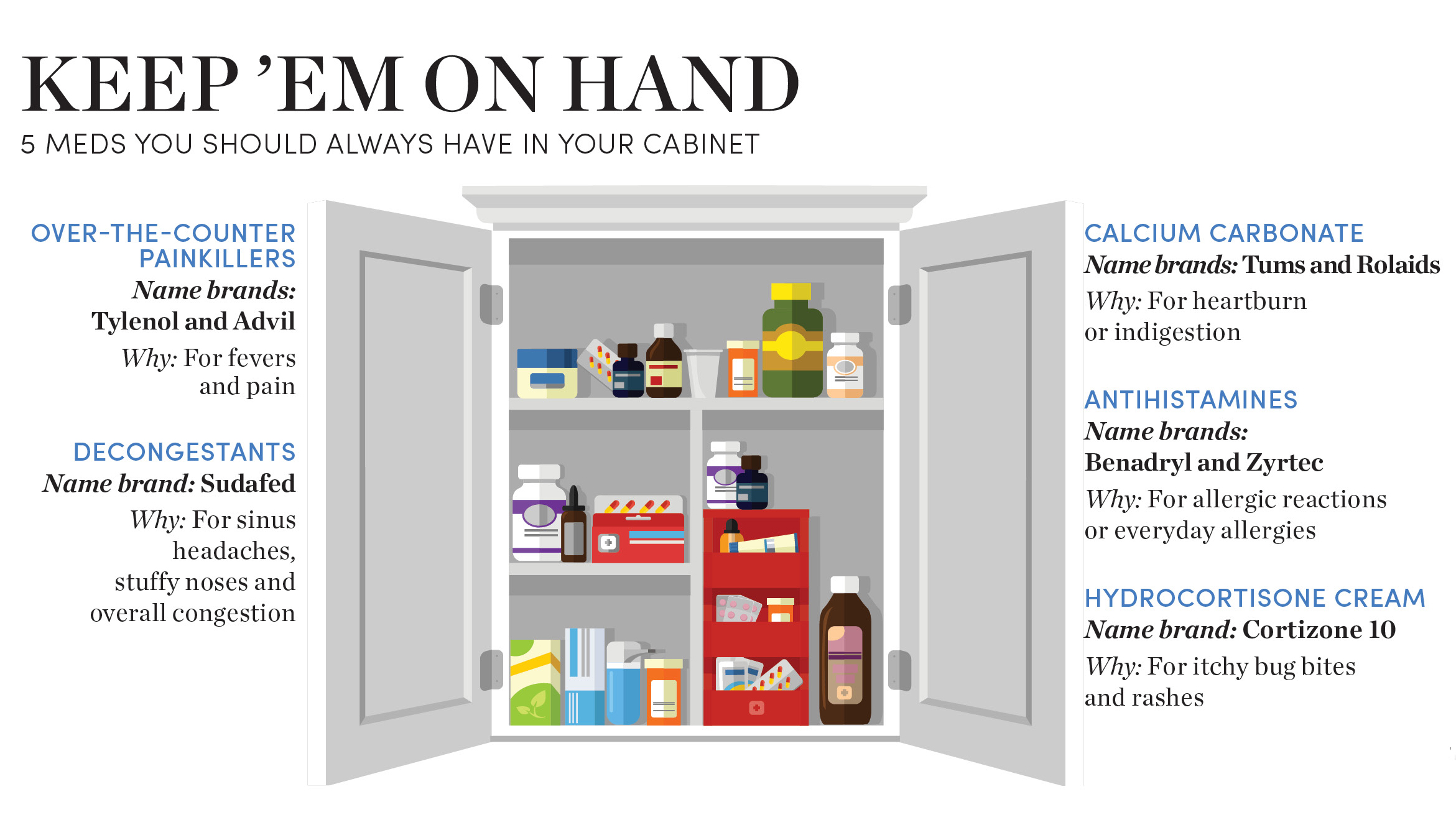
2. Who to appoint as health-care power of attorney:
A health-care power of attorney form designates a specific person to make decisions for you when you cannot. The person you choose might be your spouse or a close family member. Although current spouses are the legal next of kin and almost always have power of attorney, this doesn’t mean a family member won’t challenge their decisions.
The person you designate to call the shots for you should have the following qualities:
- Assertiveness. This person needs to state your wishes and stay firm to them amid differing opinions from relatives and hospital staff.
- Accessibility. You need someone who can be available quickly and give you his or her attention for undetermined periods of time.
- Money sense. Your health-care proxy should understand and follow your instructions for how your finances should be allocated for your care.
If there’s no one you trust to be your health-care proxy, consider tapping a professional. Some hospitals have staff members who can serve as patient agents, such as social workers and chaplains.
3. Electing to have a do-not-resuscitate order:
You can opt for a do-not-resuscitate (DNR) order even if you don’t yet have a living will or health care power of attorney. This order means that if your heart stops or you stop breathing, the medical staff won’t try to revive you. You have to specifically ask for a DNR and put it in writing. If you don’t ask for one, you’ll get the default RLC order (That’s Resuscitate Like Crazy!).
Related: 13 Quotes About Making Life Choices
On Call At Home
How to get into gear when the unexpected arises
No matter how many reruns of Grey’s Anatomy or ER you’ve watched, you still might not be entirely sure how to help yourself or others during an emergency. It’s always best to call 911 when in doubt, but here’s what to do before you’re able to get medical attention.
 If you burn yourself…
If you burn yourself…
Do this: Remove the clothing above the skin immediately to prevent a deeper burn, says Samuel Prater, M.D., medical director of emergency services at Memorial Hermann-Texas Medical Center and assistant professor at UTHealth. Then wash the area with cool tap water and cover it with an over-the-counter antibiotic ointment like Neosporin. If the burn blisters or if it’s on a sensitive area such as the hands or face, see a doctor.
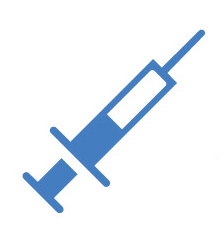 If you have an allergic reaction or trouble breathing…
If you have an allergic reaction or trouble breathing…
Do this: Use an EpiPen, says Neil Gandhi, M.D., an emergency medicine physician at Houston Methodist. If you don’t have one on hand, see a doctor immediately. If you’re experiencing a rash or itchiness, Benadryl should do the trick.
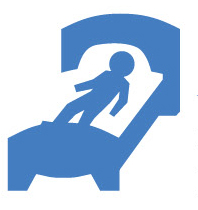 If you feel dizzy or faint…
If you feel dizzy or faint…
Do this: Lie down, drink some water and elevate your feet to relieve the symptoms, says Christopher Hogrefe, M.D., an assistant professor in medicine, emergency medicine and orthopedic surgery at the Northwestern University Feinberg School of Medicine.
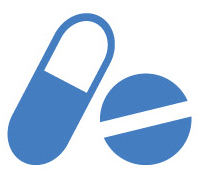 If you or your child has a high fever…
If you or your child has a high fever…
Do this: Take acetaminophen or ibuprofen, says Hogrefe. Just remember: dosage is different for adults and children. If the fever is paired with neck, stomach or throat pain, head to the doctor. “If you’re concerned and think you need to see a doctor, go see a doctor,” Hogrefe says. “That’s why we’re here.”
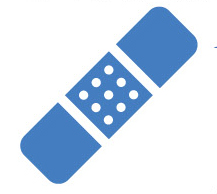 If you cut yourself…
If you cut yourself…
Do this: Apply pressure to the area until the bleeding stops and then wash the area with tap water, Gandhi says. See a doctor if you think the cut requires stitches or if you are due for a tetanus shot.
—Ellen Kobe
This article originally appeared in the November 2016 issue of SUCCESS magazine.

